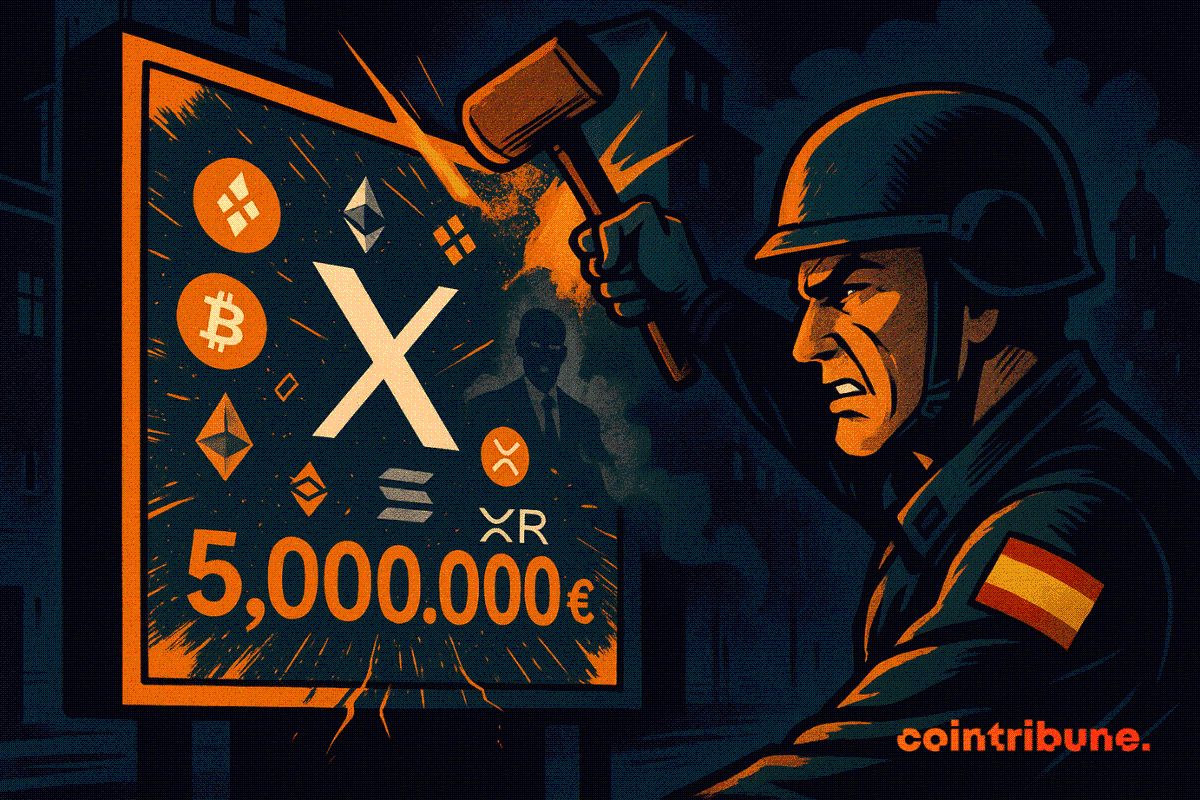- IOTA presents a trust framework that supports data verification and asset exchange across industries.
- Its modular setup links identity, hierarchies, notarization, gas handling, and token tools for broad system use.
IOTA has rolled out a new trust framework designed for open networks, built over 10 years of working with firms across many sectors. Many groups have faced repeated hurdles tied to identity checks, data integrity, and control over digital processes. Each hurdle has pushed firms to find a model free from extra charges and heavy intermediaries.
The new framework aims to clear away technical barriers while keeping everything anchored to the core IOTA network. The suite is offered under an open-source license and can be used without fees, giving firms a path to scale without worrying about rising costs.
Components of the IOTA Trust Framework
The framework comprises five parts: IOTA Identity, IOTA Hierarchies , IOTA Notarization, IOTA Gas Station, and IOTA Tokenization . Each part works alone or in joint form and offers a way to confirm identity, manage access rights, stamp data, cover transaction use, or create tradeable digital forms of assets.
IOTA Identity supplies verified participants such as firms, people, or devices. IOTA Hierarchies grant access keys through a structure similar to a real-world office hierarchy. IOTA Notarization stamps data with origin proof and time details without showing the content itself.
IOTA Gas Station covers sponsored actions so users can interact without any token burden. IOTA Tokenization creates digital units backed by real assets and governs ownership rules and compliance requirements.
From product tracking to RWA tokenization, from circular economy to digital identity; The IOTA Trust Framework enables Web3 to integrate seamlessly with existing businesses and systems. 🌐
It’s not just tech, but an infrastructure for global collaboration.
Explore how it works:…— IOTA (@iota) November 14, 2025
Connecting Web3 with Business Systems
The foundation runs the framework on the main network, powered by a virtual machine known for fast confirmation and high throughput, achieving thousands of TPS while keeping block time under 1 second. Every action stays verifiable on the network.
It remains free with no usage or licensing fees, letting organizations scale safely. It also stays neutral through nonprofit stewardship with public governance that avoids vendor lock-in and commercial bias.
The foundation also notes that the tools follow identity, data protection, and financial rules common across regulated sectors. That combination has attracted groups that handle sensitive records and require clear accountability.
For instance, TWIN is replacing paper trade files with verifiable digital records. Orobo is anchoring lifecycle checkpoints to help firms meet EU sustainability rules. ObjectID is building digital identifiers for physical goods, and Salus is creating digital units tied to mineral trades.
IOTA frames the trust framework as a structure that connects Web3 seamlessly with real-world business systems, covering product tracking, RWA tokenization, circular-economy use cases, and digital identity. The IOTA team said,
It’s not just tech, but an infrastructure for global collaboration.
Recommended for you:
- Buy IOTA Guide
- IOTA Wallet Tutorial
- Check 24-hour MIOTA Price
- More IOTA News
- What is IOTA?


